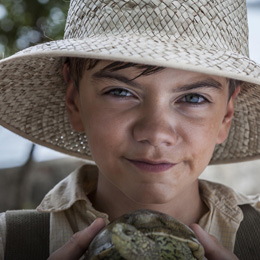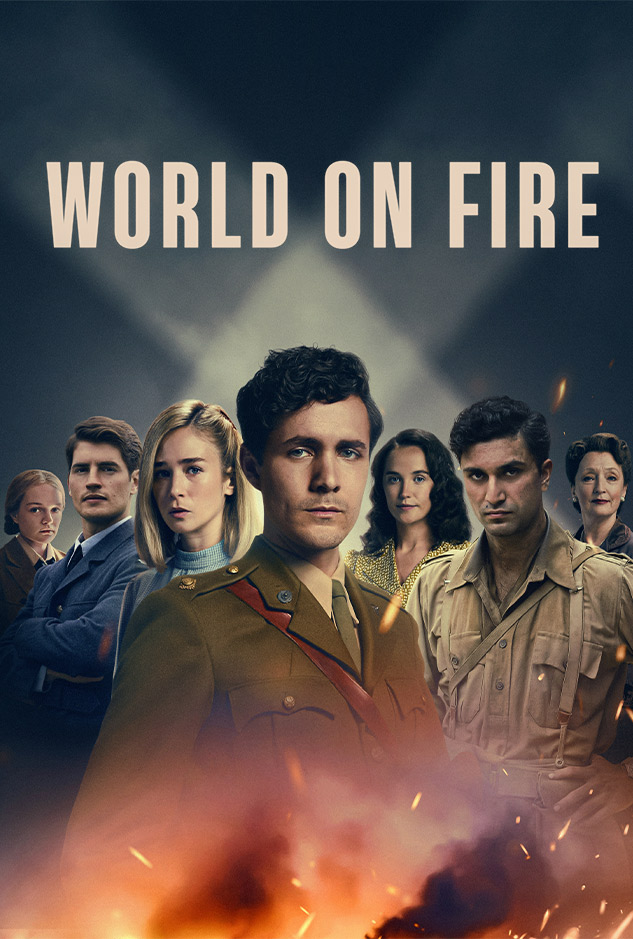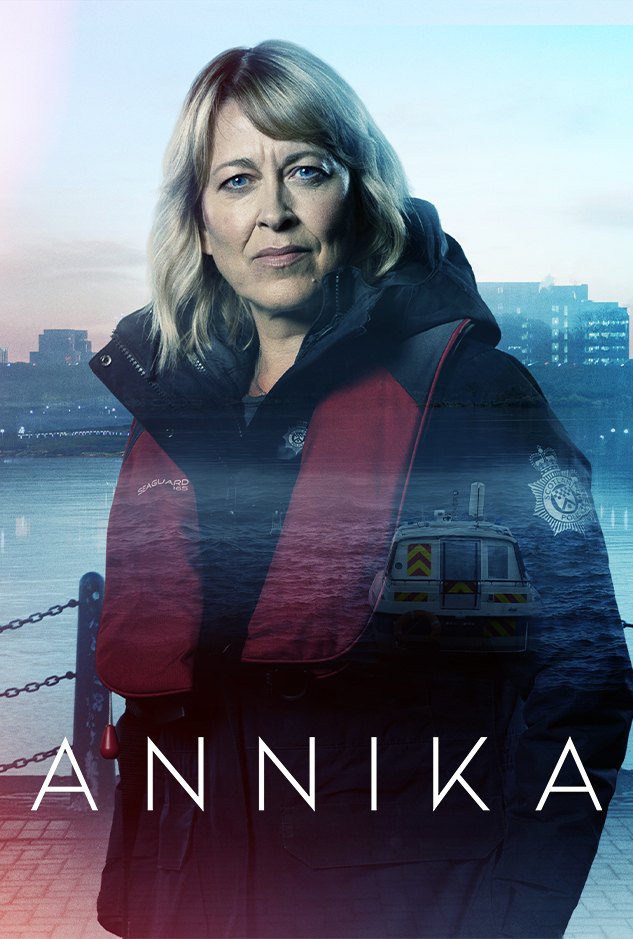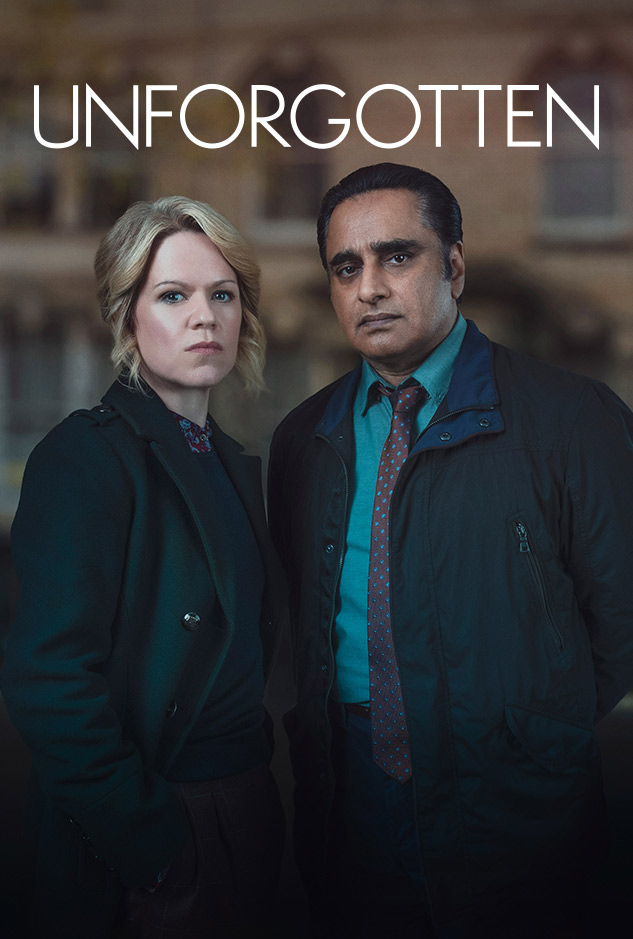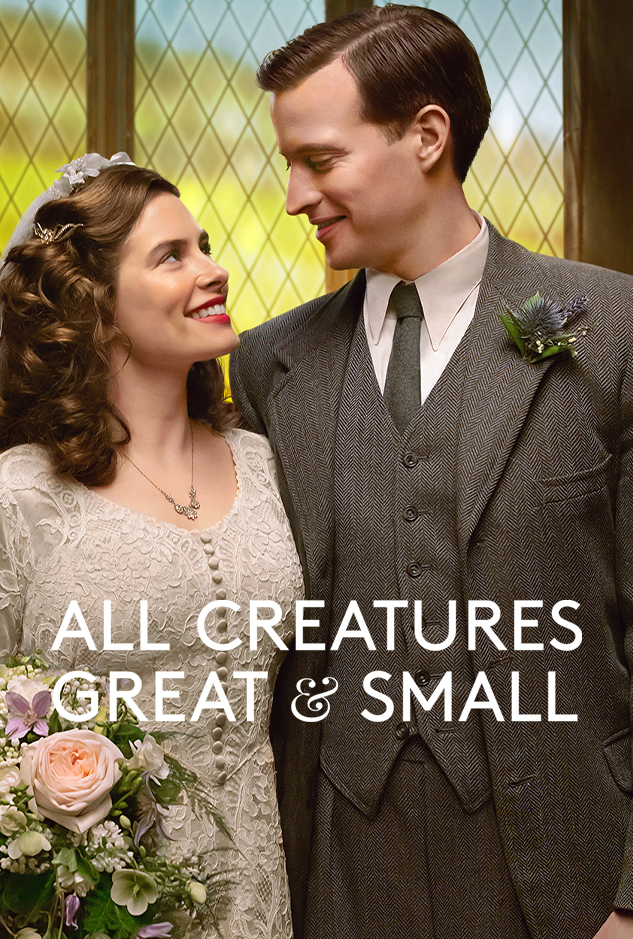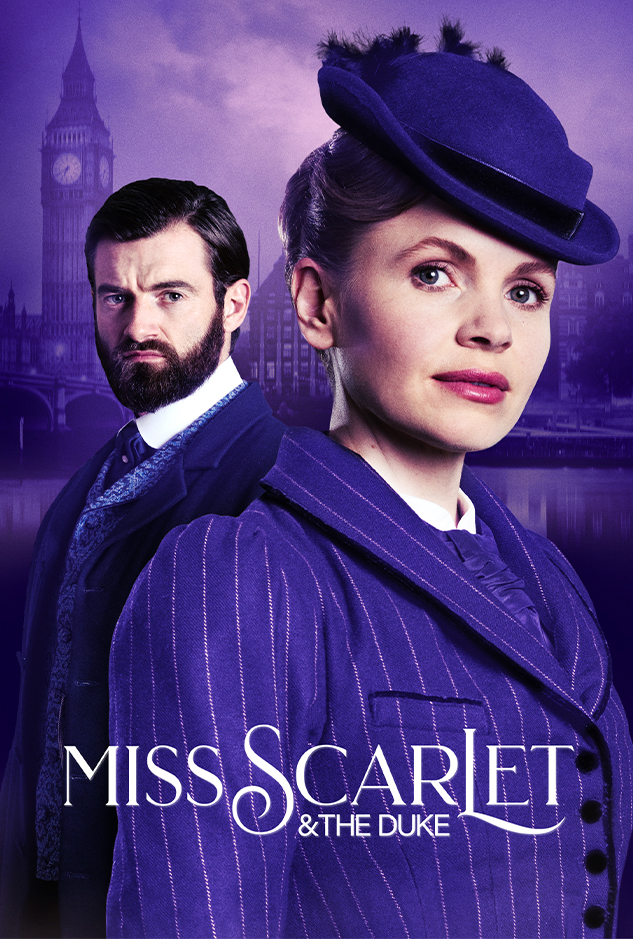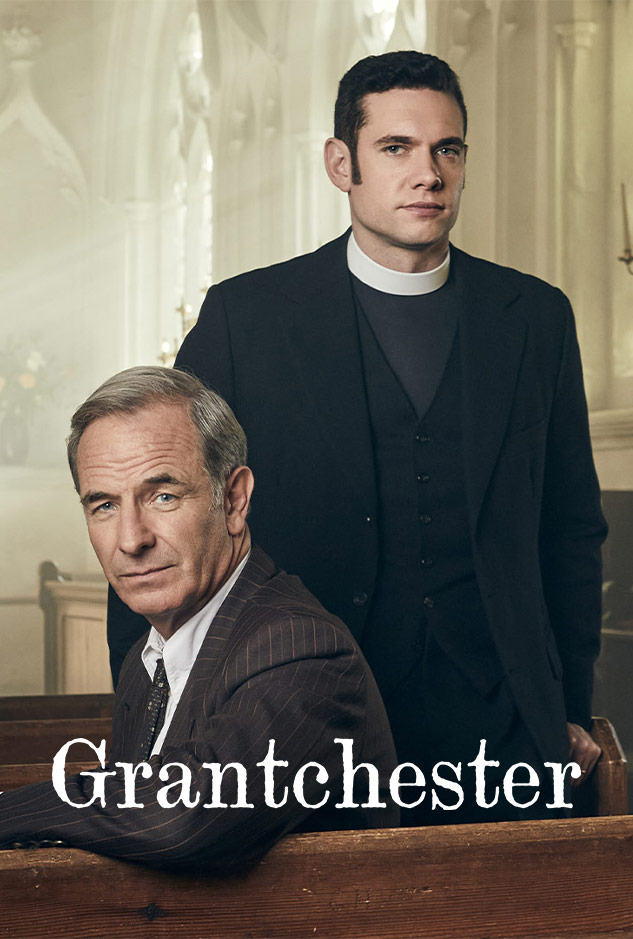Writer Simon Nye Interview
Television writer Simon Nye has crafted the sun-dappled world of the Durrell family twice: first, for 2005’s My Family and Other Animals (starring Imelda Staunton), and now for The Durrells in Corfu, currently in its second season.
Based on Gerald Durrells’ beloved memoirs, The Durrells in Corfu tells the story of one family’s decampment to the Greek island of Corfu in the 1930s.
MASTERPIECE recently sat down with Nye to talk character development, the joys and perils of Corfu, and what to expect in Season 3.
- 1.
Fact & Fiction

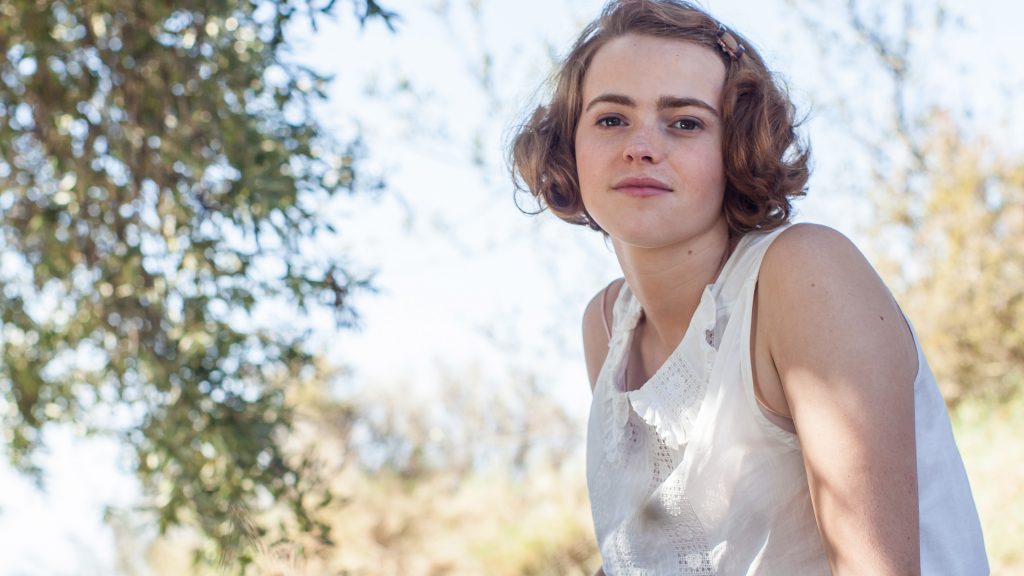
“I like the way Gerald Durrell sort of rides roughshod over reality in his books. We know from archive material of Lawrence that he was a bit spiky and he was quite intellectually rigorous, and he was fun as well. But Gerald’s version of Larry has an edge of kind of buffoonery, which is a gift to somebody who’s writing a comedy drama series. So I’ve said often that Gerald’s version of his family, which I think he wasn’t blind to his family’s faults…he knew that Leslie really did have too much fondness for guns, and he knew that Margo was a little bit vain.
But he captures it in a lovely, in a forgiving way, in a way that you want to be indulgent towards your family, and he is.”
- 2.
The Spiky Durrell Clan
“In the books, Gerald Durrells sort of isn’t sentimental. He occasionally lets it slip, it’s almost by accident that you see the love that’s shared between them. But generally there’s a very … actually that’s a British trait, isn’t it? To be very anxious about…being too indulgent to your family. So they’re hard on each other, they are rude to each other, and they are cruel sometimes, and they don’t really like to show affection…I’m quite a British writer in that respect, to be honest I had to be a little bit pushed, you know by the producers and script editor, to emote a bit more…But I like it. I like the fact that they do occasionally crack…they’ll often make themselves laugh and they love to make each other laugh. Louisa can just about keep up with them, and sometimes she feels that they don’t respect her enough, but don’t we all?”
- 3.
Developing the Durrells

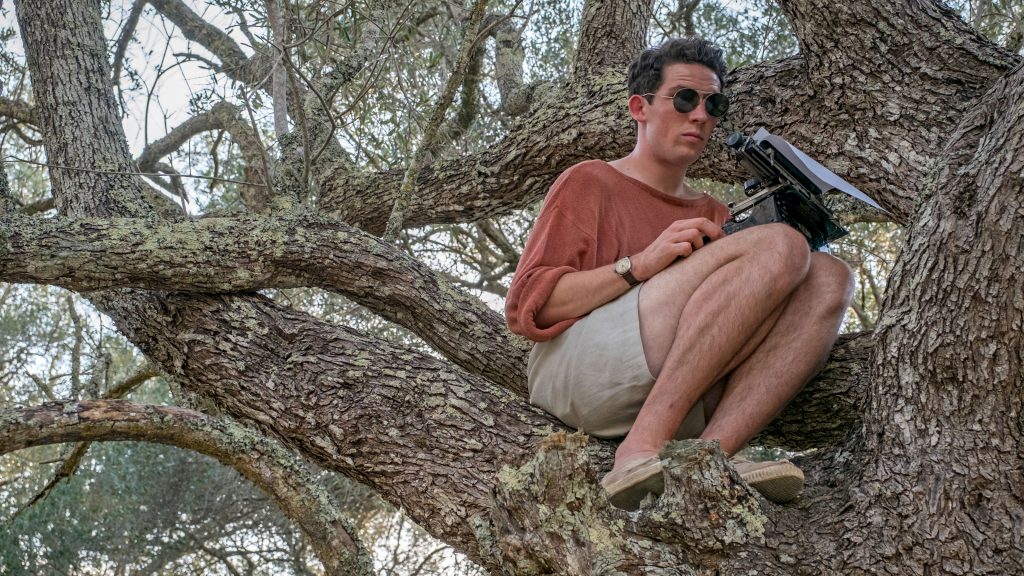
“You start off with an adjective; I suppose Larry would be smart-arsed and Margo would be vain, possibly naïve. Leslie, firebrand. But you hope that people stick with you through first episode because you want to show somebody’s complexities right off the bat. I mean they are very different, but I suppose it’s playing off those differences. So once you set up Leslie as a sort of gun obsessive, it’s then ferreting around for more in his personality. I think Leslie becomes the way he is as a reaction to Larry being very bookish and very confident. And Gerry sort of sees his older siblings as a bit of a zoo and therefore becomes interested in the real thing and the real interactions of wildlife and the sort of seething mass of creatures as they interact.”
- 4.
Creating a Period Drama
“I have to be aware of silly things actually, like I am responding to Corfu rather than the period. I wrote a joke, actually a hilarious joke as it was, about bacon, and then somebody said, “Oh, there’s no bacon in Corfu in the 1930s.” So things like that are tricky, and language. Occasionally words creep in, an actor getting carried away or me getting it wrong, which are not period appropriate.
But it’s nice, the ’30s aren’t like the Edwardian period where there was a much more staid approach to language. Language was loosening up and we’ve got episodes with Henry Miller coming up where he’s pushing language even more, so it’s a good period to be writing in actually.”
- 5.
The Real Corfu

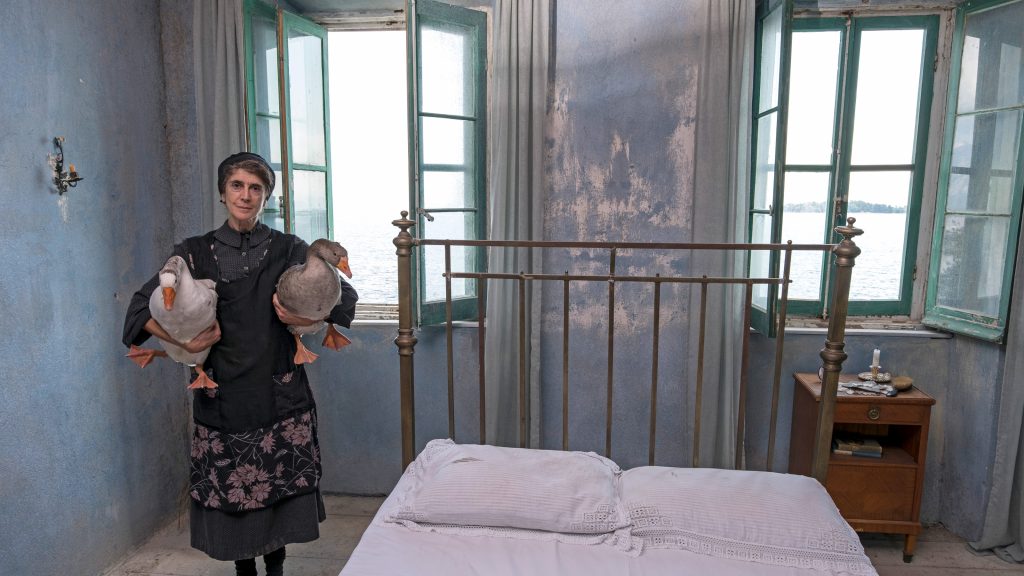
“Corfu is quite a big island. There’s great swathes of greenery as it’s one of the more northern Greek islands. It can get unpleasantly hot, but it’s a good place to film and I think it’s quite unusual for a show to be allowed to do that, to actually film where it’s set and long may that continue.
The house is, let’s say it’s one of the big stars of the show and we all want to buy it. But it’s expensive, I have to inform everybody, I’m afraid. The Durrells didn’t stay there but they did visit that house back in the ’30s. That’s a gift for us all.”
- 6.
The Greek George Clooney: Spiros!

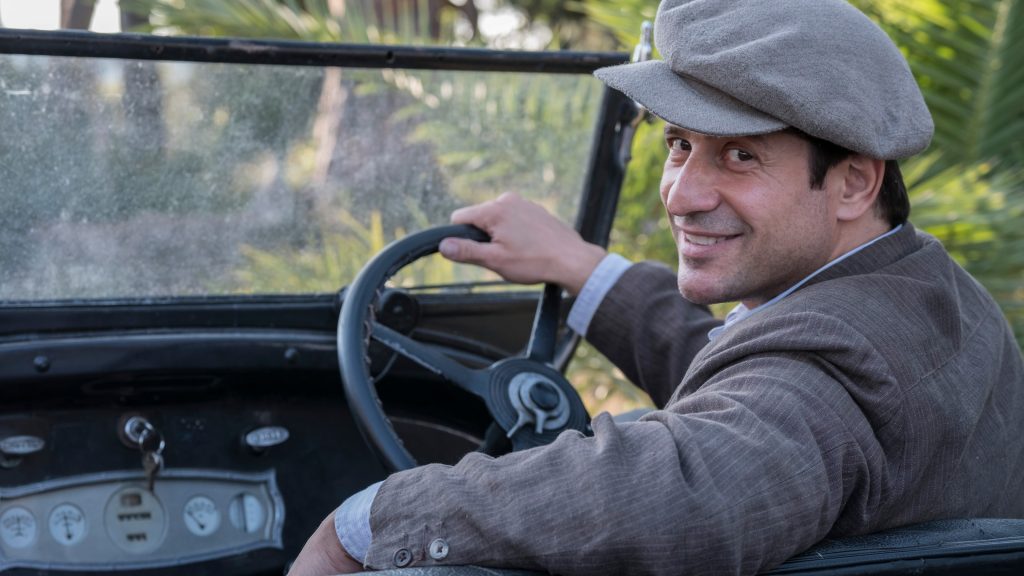
“Even I can see he’s got the look. He’s a lovely man. In the book he’s quite a jolly figure and in past versions of My Family and Other Animals particularly, he’s been kind of rambunctious, a sort of loud, slightly-impetuous Greek. This adaptation has been a great chance to bring out the soul of him. Alexis is very, very big in Greece, very lovely, and by all accounts very attractive to women viewers.”
- 7.
Adapting for the Second Time
“The first time I adapted this story, it was a straight adaptation of the first book, the main book. And it was a sort of a film, although a sort of episodic film. I watched it again recently, and I thought Imelda Staunton did a great job on it. But it’s a different animal. It’s great to have the chance to live with the Durrell family for longer and to give them stories that bring more from them, within an episode. And that’s why, although some of us sort of sigh at sequels of the movies coming out, you can see why people want to do it. You’ve gotten under the skin of a characters, you want to see more of them.”
- 8.
The Scoop on Season 3

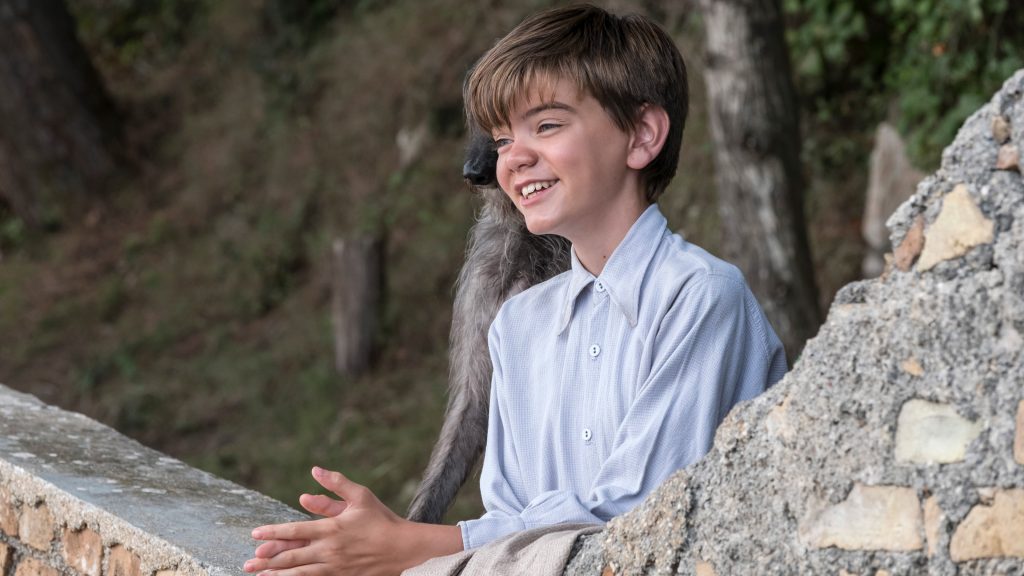
“Let’s just say that Leslie has a relationship with a local woman that’s quite intense, brings him quite a lot of grief in various ways, as well as joy. Louisa decides…that men are too much trouble …and I’ll leave the audience to decide how good she is at keeping that promise to herself. Her relationship with Spiros deepens and develops.
And there’s a trip back to England, which sort of brings out…wonder whether some of the pains of living abroad are worth it. But generally it just sort of reminds them how lovely it is to be living in Corfu. There’s a death. There are births. It all happens. Hopefully within the boundaries of what audiences want and are entertained by. And as ever we try to, well we insist on, keeping it within the bounds of what happened to the Durrells, because the kind of bedrock of reality stops us sort of going off the rails. We trust what we’re watching because it happened in real life, however much we might embellish what they do.”








